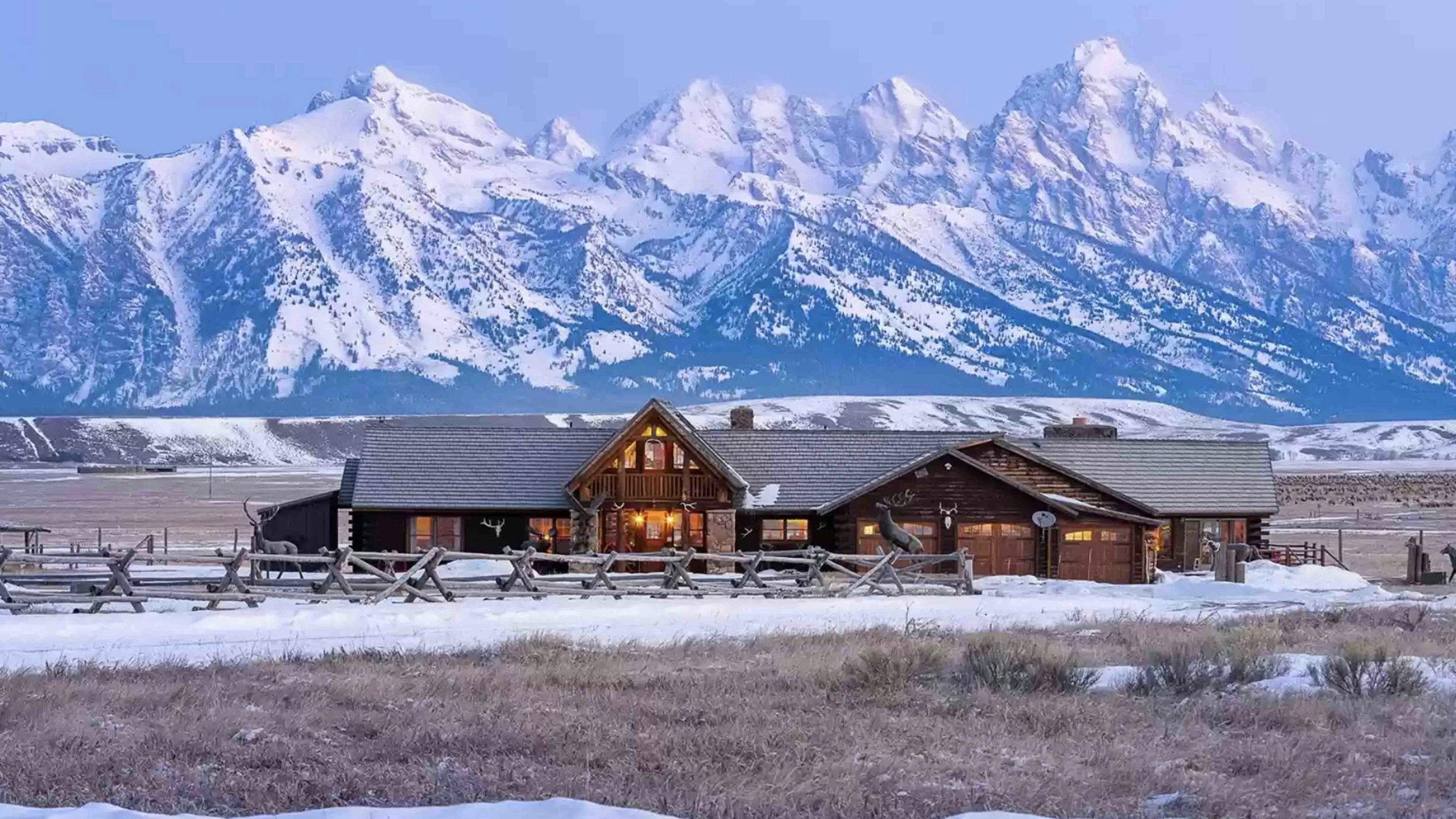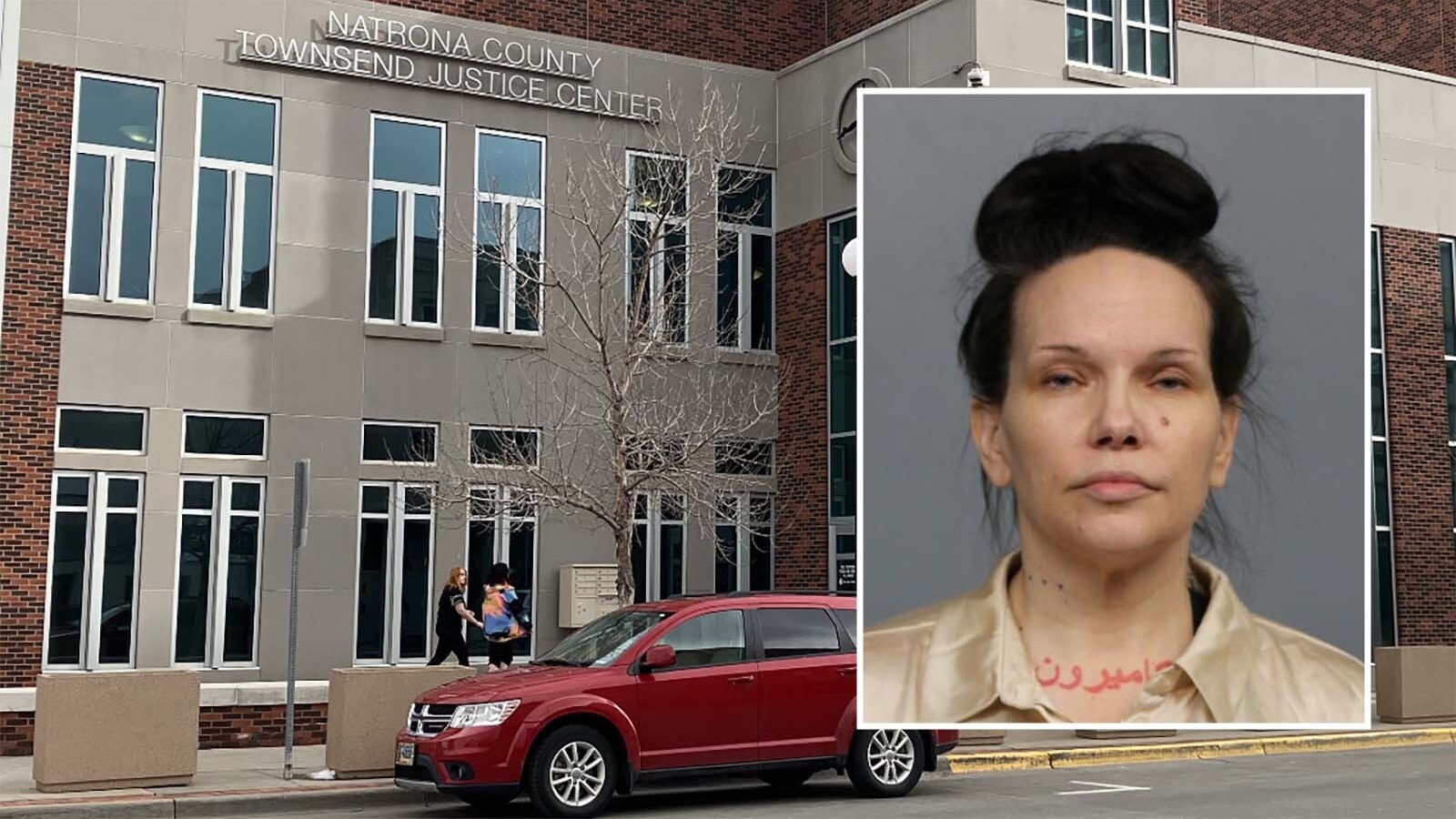Elected policymakers have to be sure they’re only charging building permit fees that match up to the public’s goals, the U.S. Supreme Court ruled unanimously Friday. Otherwise, the fees amount to government extortion.
Some say the decision could make Jackson and Teton County’s costly impact fees harder to defend in court.
“I think it will have significant impacts on Teton County, the town of Jackson, and what we have done and will do in the future with regard to mitigation rates and fees,” Jim Rooks, Jackson Town Council member, told Cowboy State Daily on Friday .
Jackson and Teton County require new home and business builders to pay thousands of dollars in fees, often. Those fees are to buy price-capped housing for the region’s daily-grind workers who can’t afford free-market homes in the wealthy area’s skyrocketing real estate market.
For example, a new homeowner hoping to build a 4,000-square-foot home in Jackson has to pay a $31,000 fee toward others’ affordable housing.
The reasoning is that new residents require more police officers, nurses and the like, but those workers generally can’t afford homes in Jackson without outside or government help.
While some state courts have exempted elected policymakers from a constitutional requirement of proving their fees are connected and proportionate to their stated purpose, the U.S. Supreme Court ended that exemption Friday with its opinion in Sheetz v. El Dorado County.
Rooks said Jackson has done a good job of charging fees that are connected to its stated purpose of funding affordable housing. But he voiced doubt about whether the fees are proportionate to the impact each builder is having on the town’s housing crisis.
“I think we’d have to go back and do some homework and figure out if our rates met, kind of, the new parameters of the El Dorado case, with regard to determining how much an entity or an individual would need to pay to offset consequences of development with regard to housing,” said Rooks.
He said town leaders contemplated raising the fees last summer but decided against it, knowing the Sheetz decision was on the way. And that was wise of them, he added.
The mayor, other members of the council and members of the Teton County Commission did not respond by publication time to emails requesting comment.
Defend It Anyway
The chief issue in the Sheetz decision is whether legislative entities should be exempt from the two-part fairness test of their fees.
The answer is no. But the majority opinion dodged the case’s other issues, such as whether it’s fairer for governments to assess fees on a case-by-case basis or via a mass formula.
That doesn’t matter in the end, according to Justice Neil Gorsuch’s solo concurring opinion. Whether governments determine fees case-by-case or hand them down generically, they’ll still have to defend them on an individual basis when people challenge them in court.
“How the government acts may vary, but the Constitution’s standard for assessing those actions does not,” wrote Gorsuch.
What’s My Impact
Chris Hawks, founder of Jackson-based law firm Hawks & Associates, said Jackson and Teton County’s formula-based fee structure could be harder to defend under the high court’s fairness test.
“If I submit a building permit for a new home and the affordable housing fee is $50,000, what did the Jackson, Teton County Housing department do to determine that $50,000 impact fee bears some correlation or proportionality to the impact my new home is going to have on the community?” asked Hawks hypothetically. “Well, they don’t do that diligence.
“They would not sit down and say, ‘OK, let’s look at Chris Hawks’ application for a building permit and figure out what is the actual impact on affordable housing that his new home is going to have,’” he said.
Rather, Hawks said the formula is based largely on the size of the proposed build, not necessarily how many new workers its occupants will need to house to support their existence.
A mass formula is likely to charge fees that don’t fit the court’s fairness test, he said.
Also, Your Carbon Footprint
The local government’s housing mitigation fees aren’t the only program that may need a second look, said Hawks, pointing to Teton County’s energy mitigation fees.
People who own conditioned space of more than 2,500 square feet must pay $4 per square foot to account for their energy use. After 5,000 square feet, the owner pays an $8-per-square-foot energy toll, according to a 2019 energy mitigation schedule featured on the county’s building permit page.
Non-essential appliances like decorative gas stoves, outdoor floor heating, pools, spas and electric-pump ponds also bring extra fees, some to the tune of $5,000.
The rationale is, the homeowner is creating a larger carbon footprint and must pay the public to account for it, Hawks said, adding that in his view, this policy is only valid to the extent that the county uses the fees to offset whatever impacts that larger energy consumption actually has on the community.
The county raised about $3.95 million a year in energy impact fees in 2021 and 2022, according to a June 6, 2023, report by county staffers.
The county pays its fees and refunding credits from that pot, then transfers the rest to its own energy conservation efforts, including energy improvement projects on public facilities, the report says.
Note - In a post-publication comment countering Hawks' statement on energy mitigation fees, Teton County Commissioner Mark Newcomb said the fees are to encourage residents to be energy efficient so the community can stay within its energy provider's cheaper market bracket.
Clair McFarland can be reached at clair@cowboystatedaily.com.





